Due to the partition of India in 1947, Basarmal Jetharam Purswani's motherland was left in Sindh, Pakistan.
And at the same time his first love was missed! To get her back, he made the most dangerous adventure of his life. A dervish told him, "Whatever you have lost, you will find in books." He opened a library in Mumbai. Did he get all those things? The land mafia of Mumbai is after him. Troubled by his in-laws, a young management student befriends her and creates a fictitious love affair. Don't know how many years, silent Mangan mother takes care of a doll considering it as her son. The cover of a talkative book comes in the midst of it all and tells its sad tales.
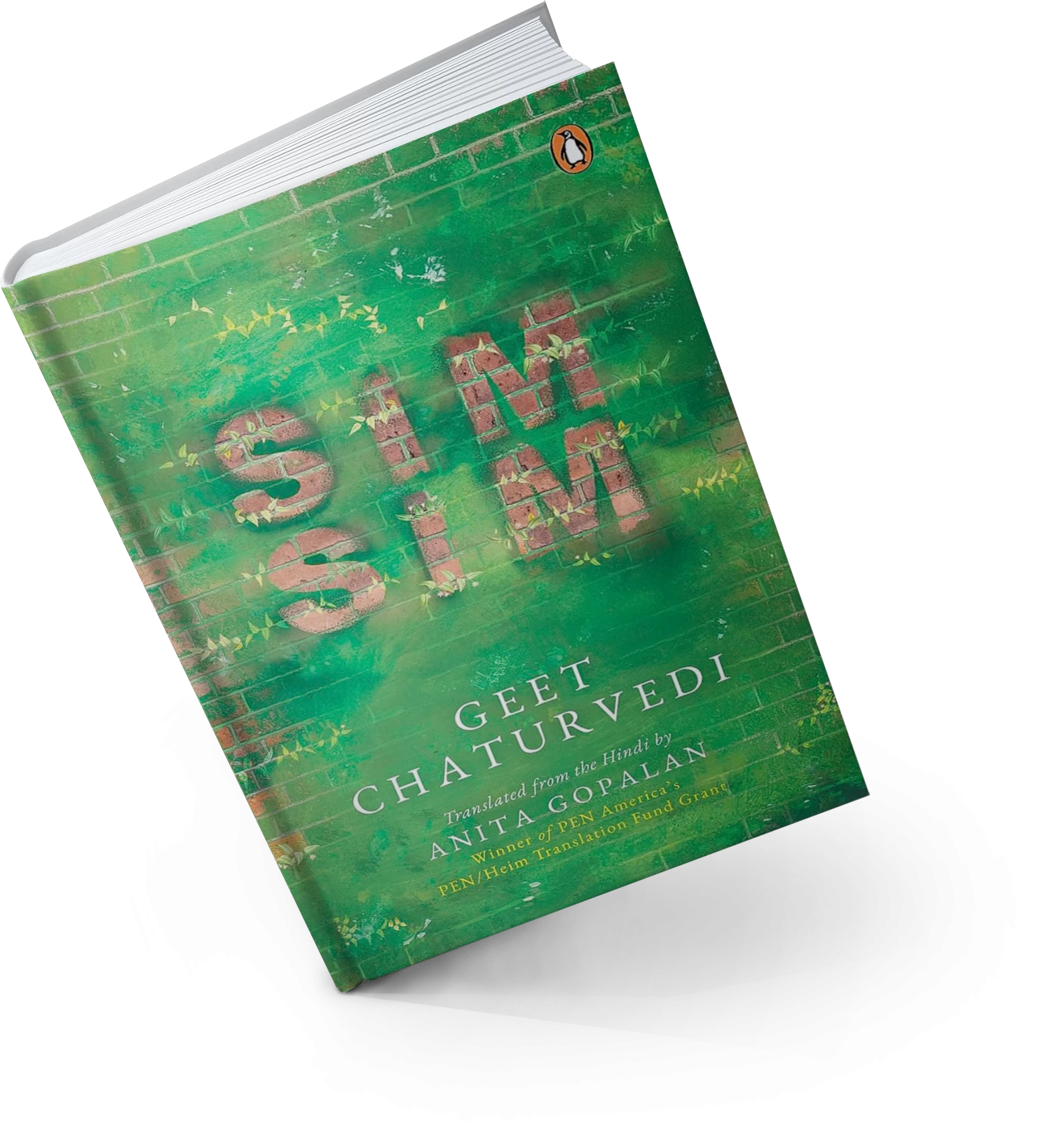
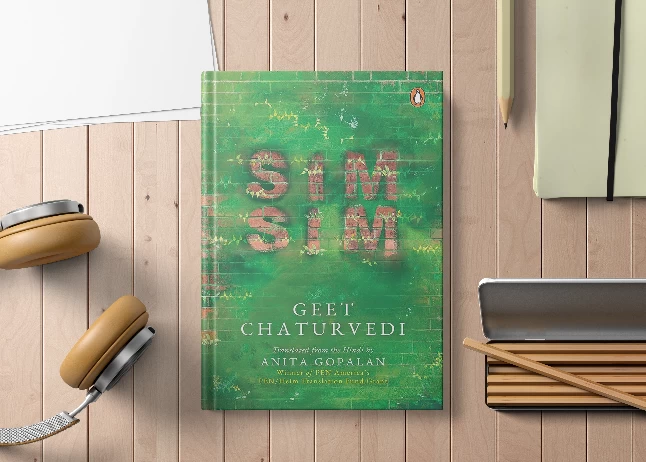
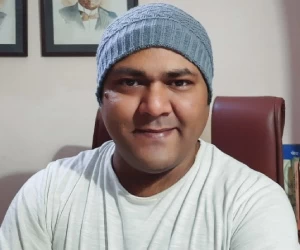
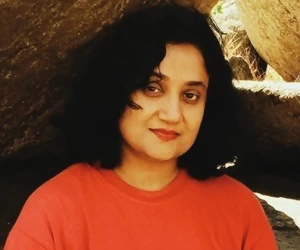

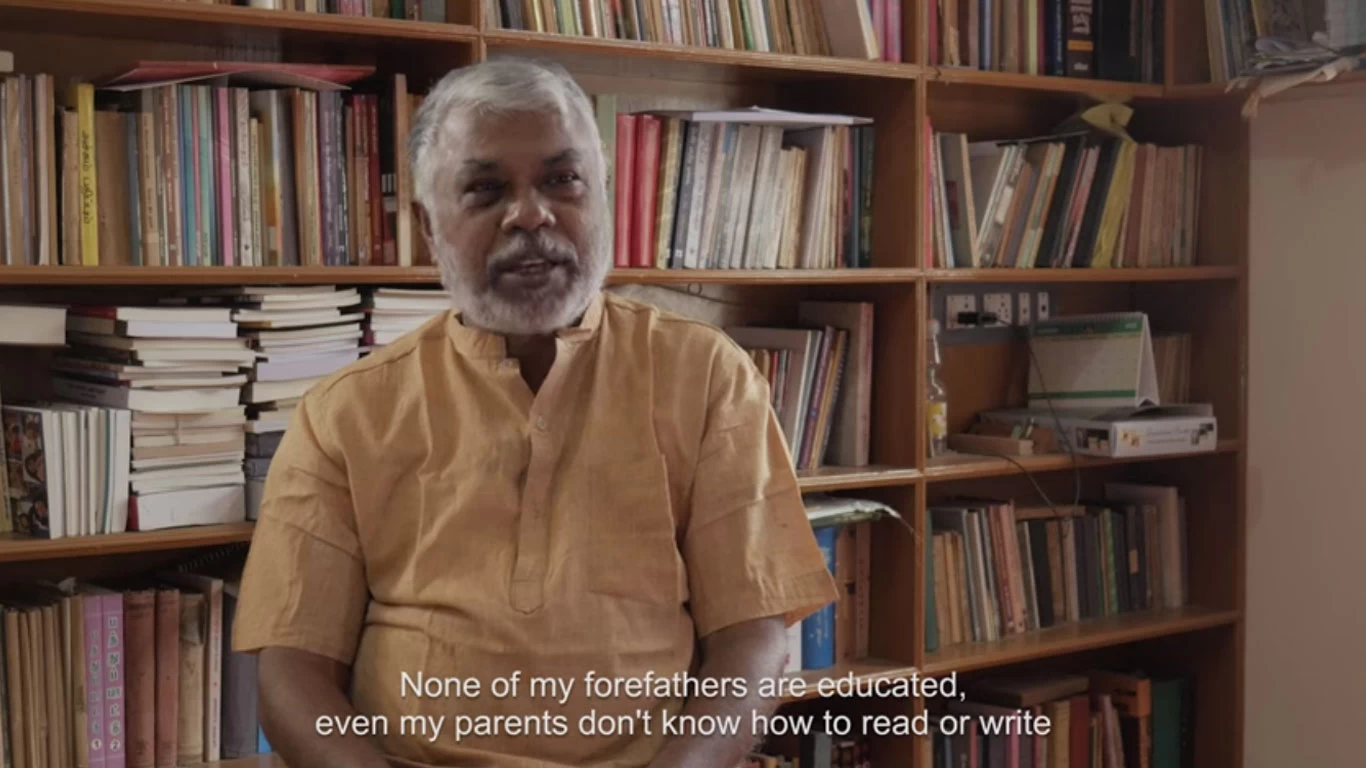
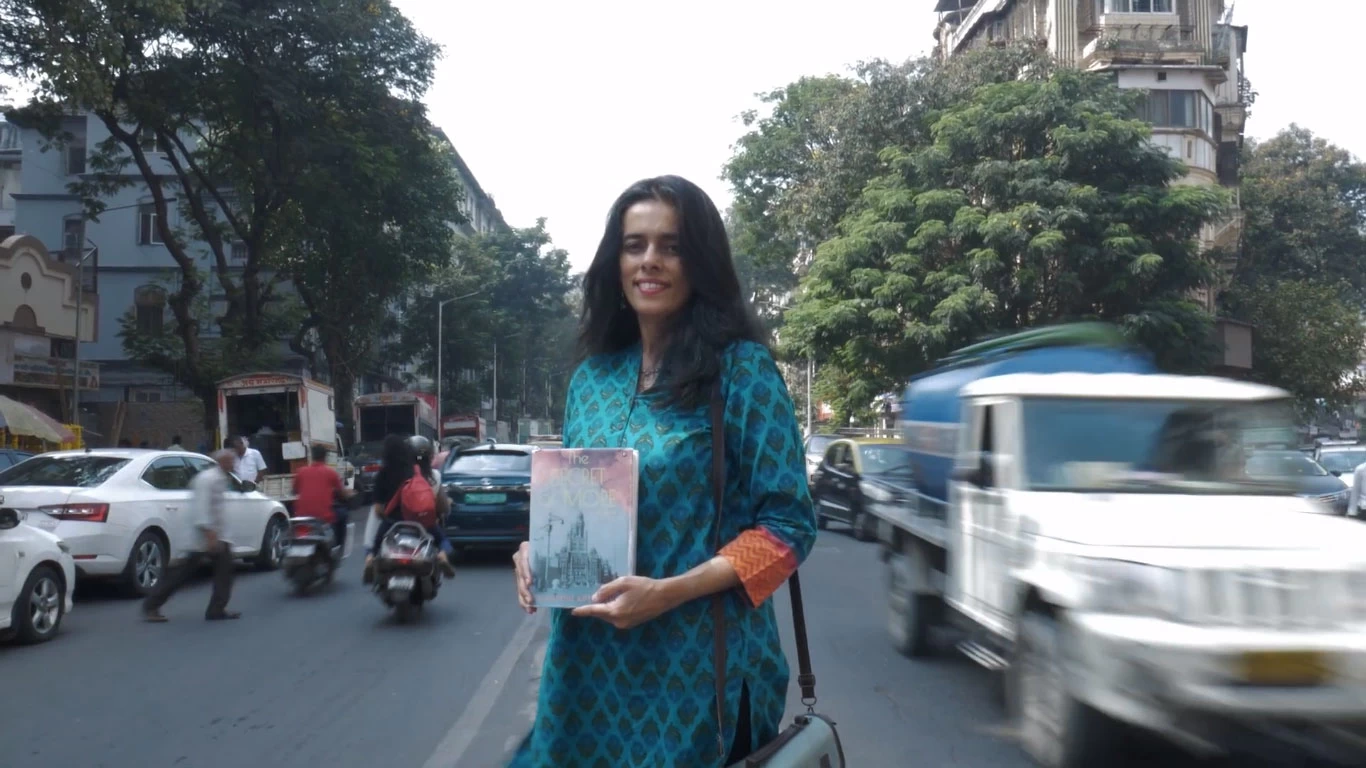
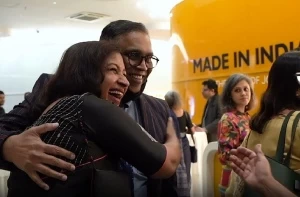
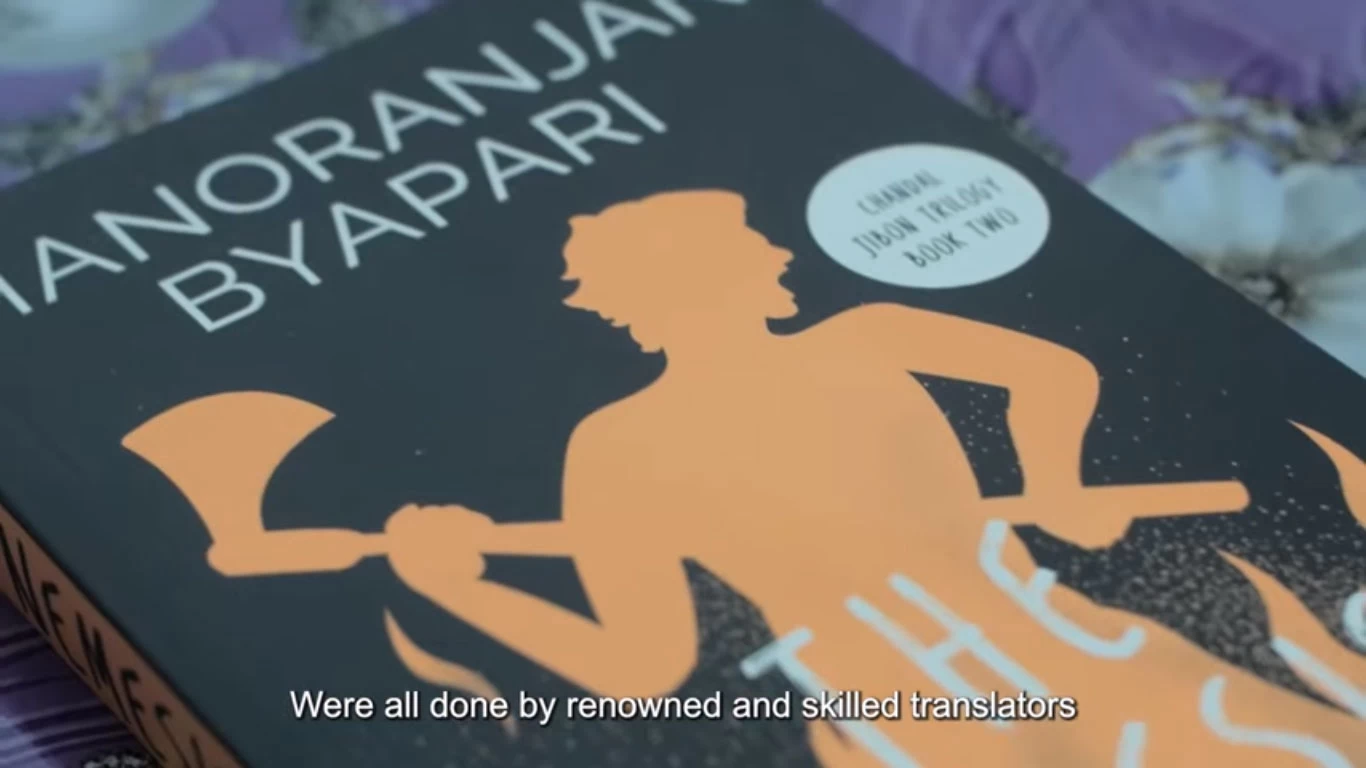
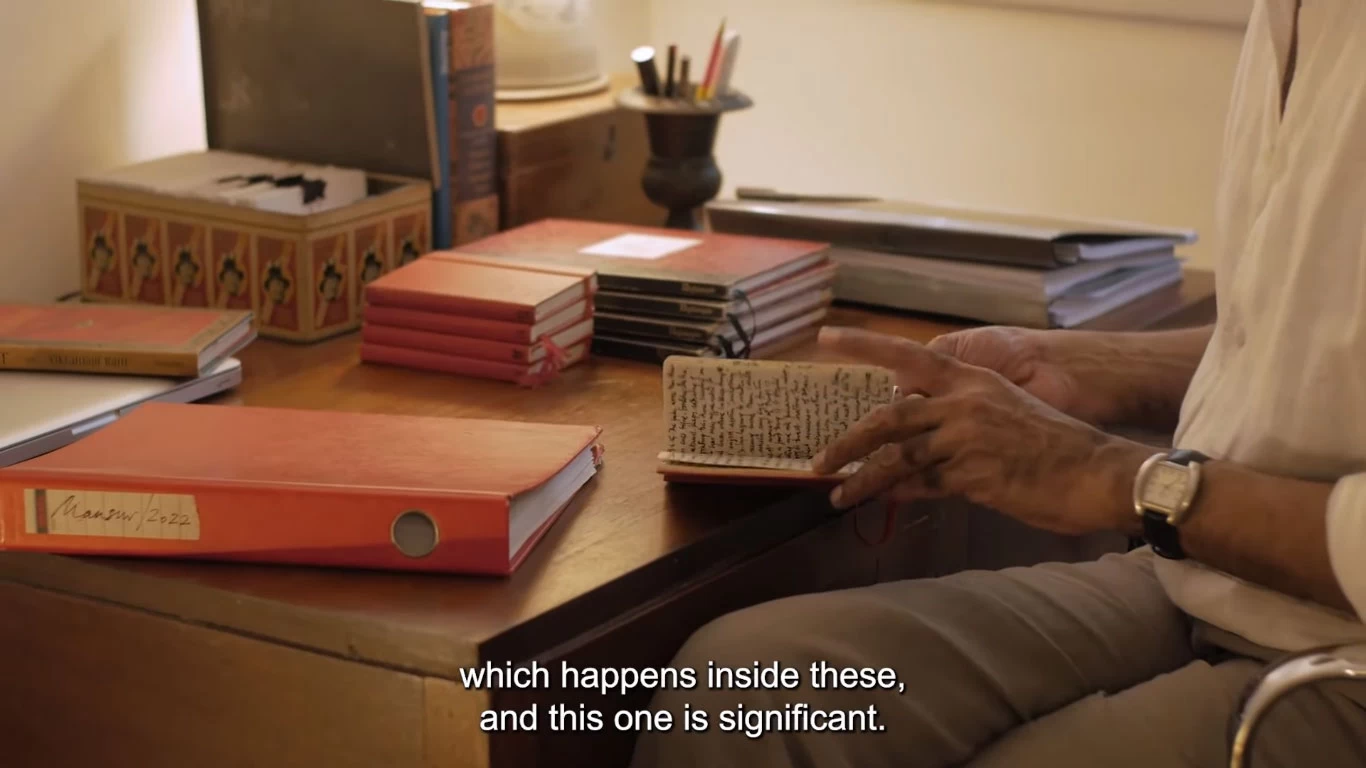
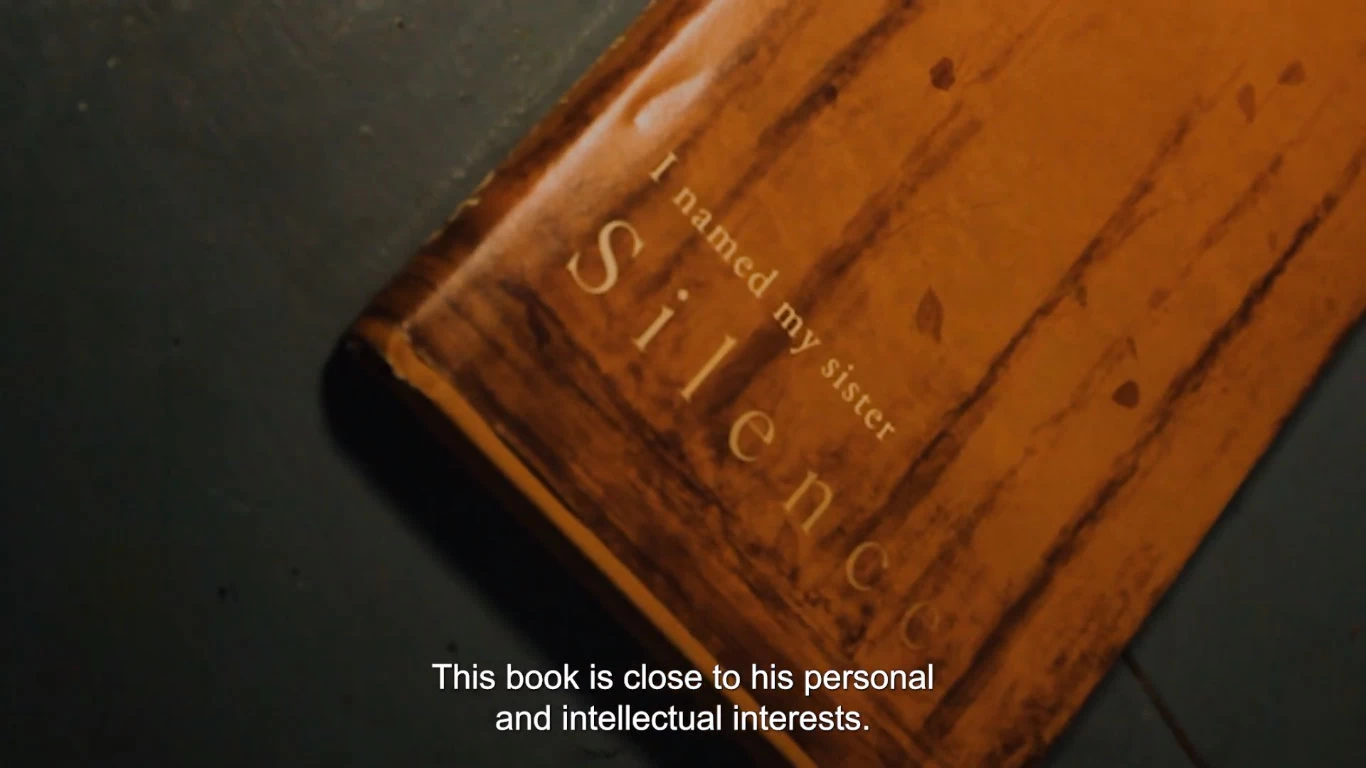
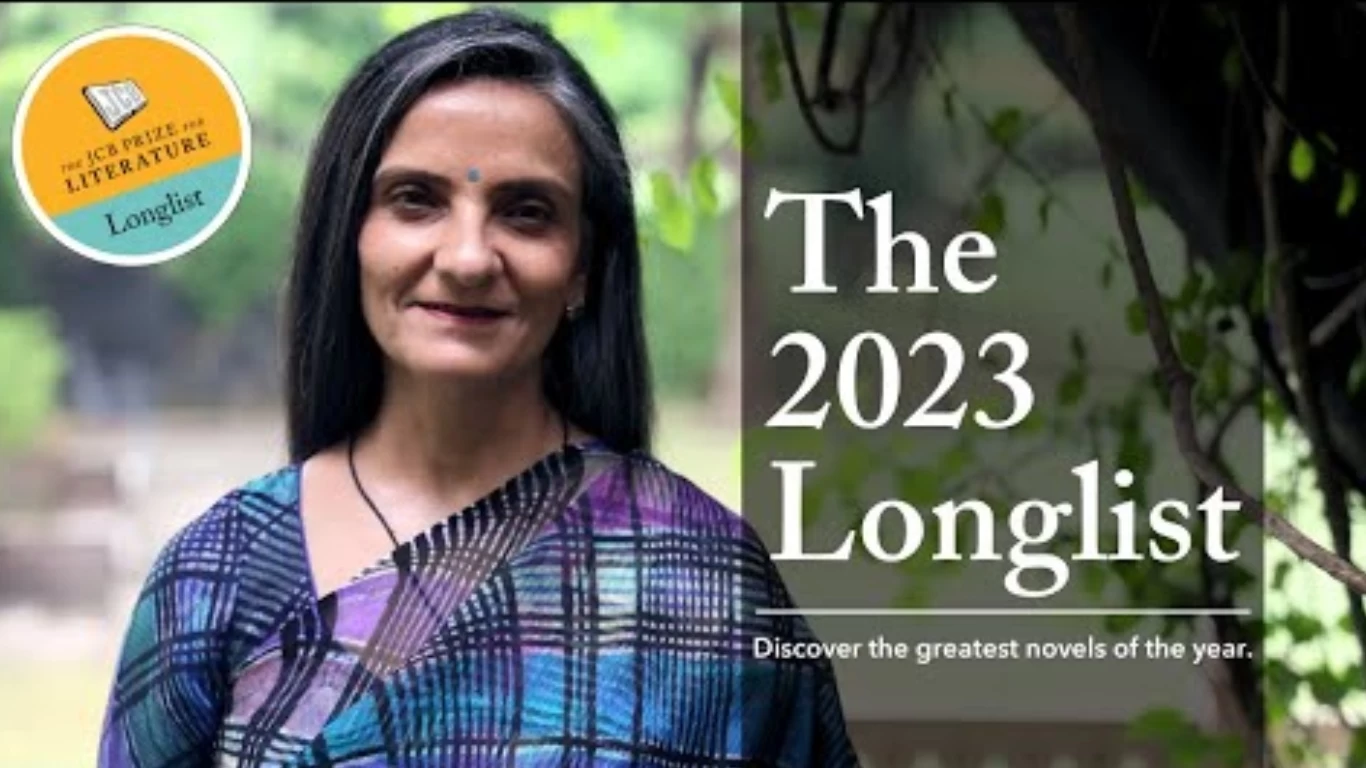
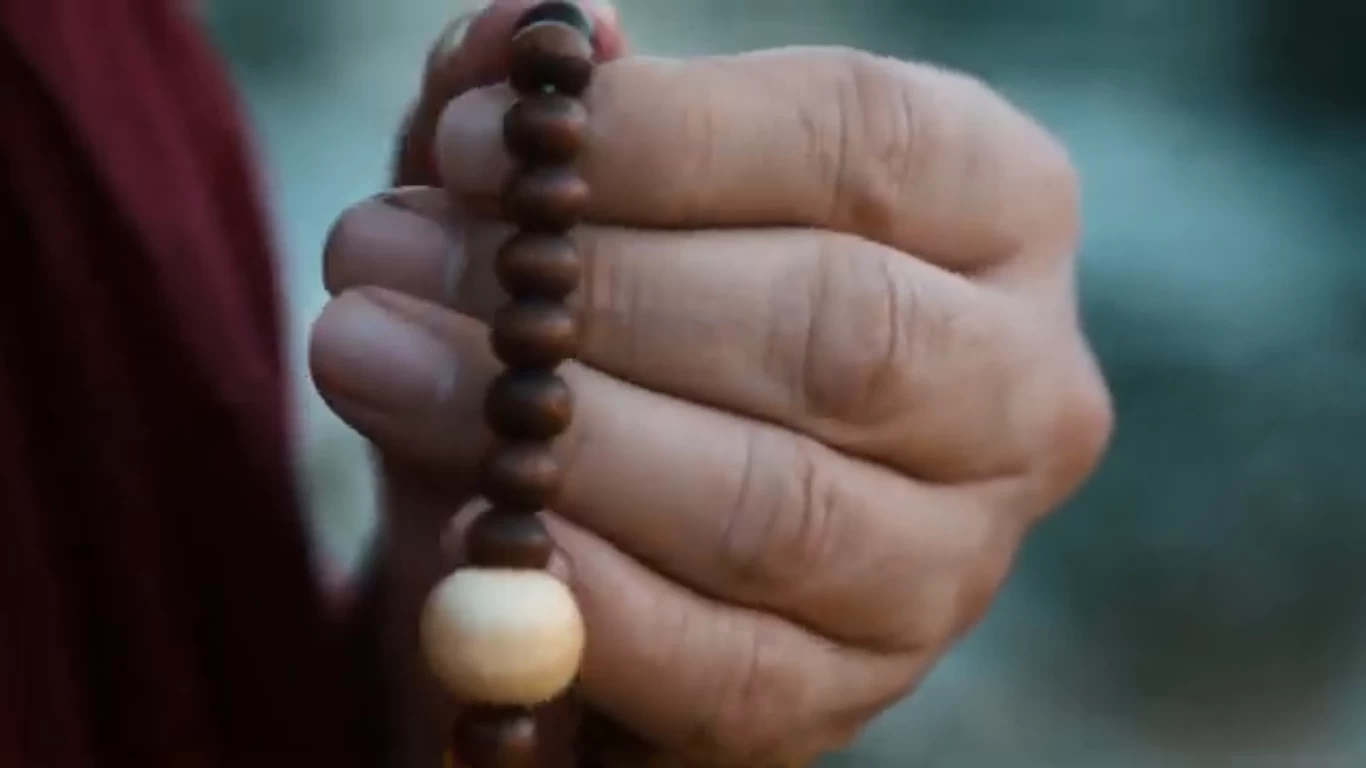
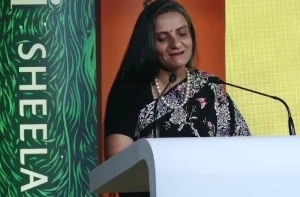
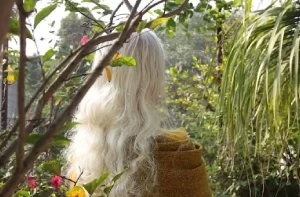
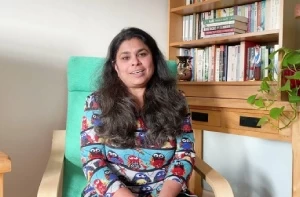
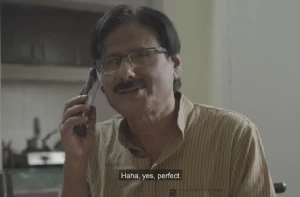
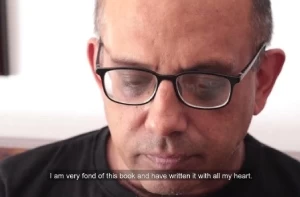
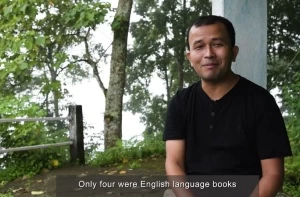
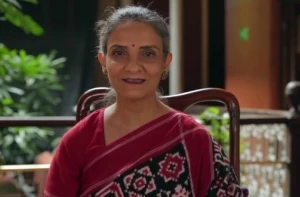
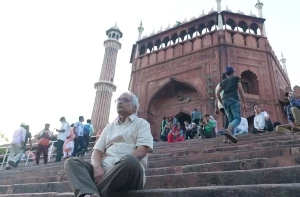
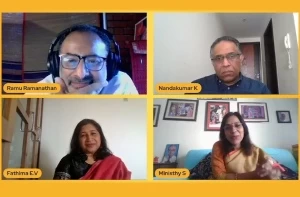
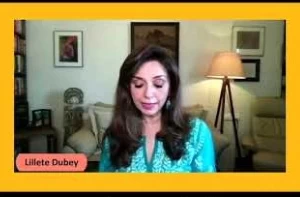
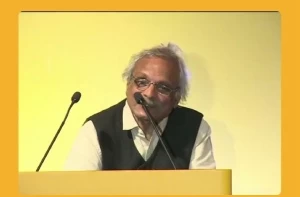
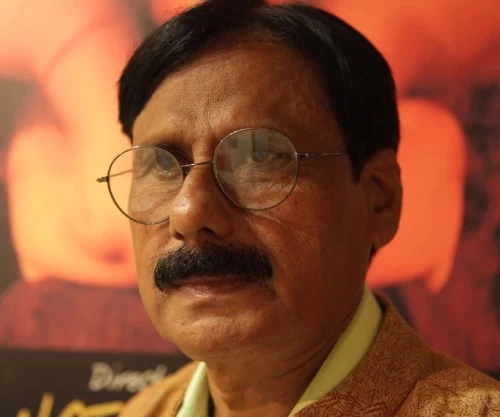
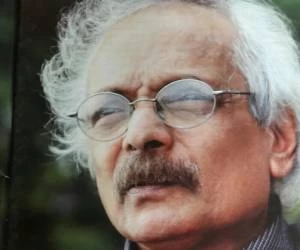
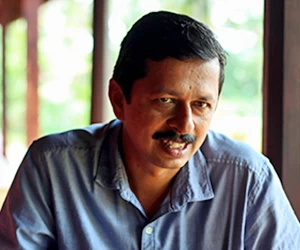


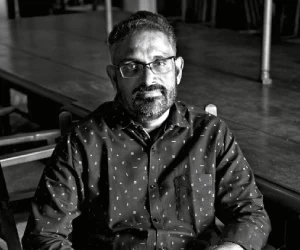
JURY COMMENTS
Geet Chaturvedi’s Hindi novel, Simsim, is a Partition story like few other, grappling with the relatively undocumented Sindhi experience of losing home and culture. It goes beyond simple elegy and nostalgia, connecting past with present, remembering with forgetting. Basat Mal, the protagonist, is an old man, sustained by his fading memories of Sindh and the upkeep of his decrepit library in Mumbai, coveted by local land sharks. His sensibility is mirrored in a young boy, growing up in 21st century India, witnessing all the social and political horrors it is mired in. Anita Gopalan’s translation provides a sublime reading experience of this unique novel.